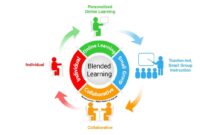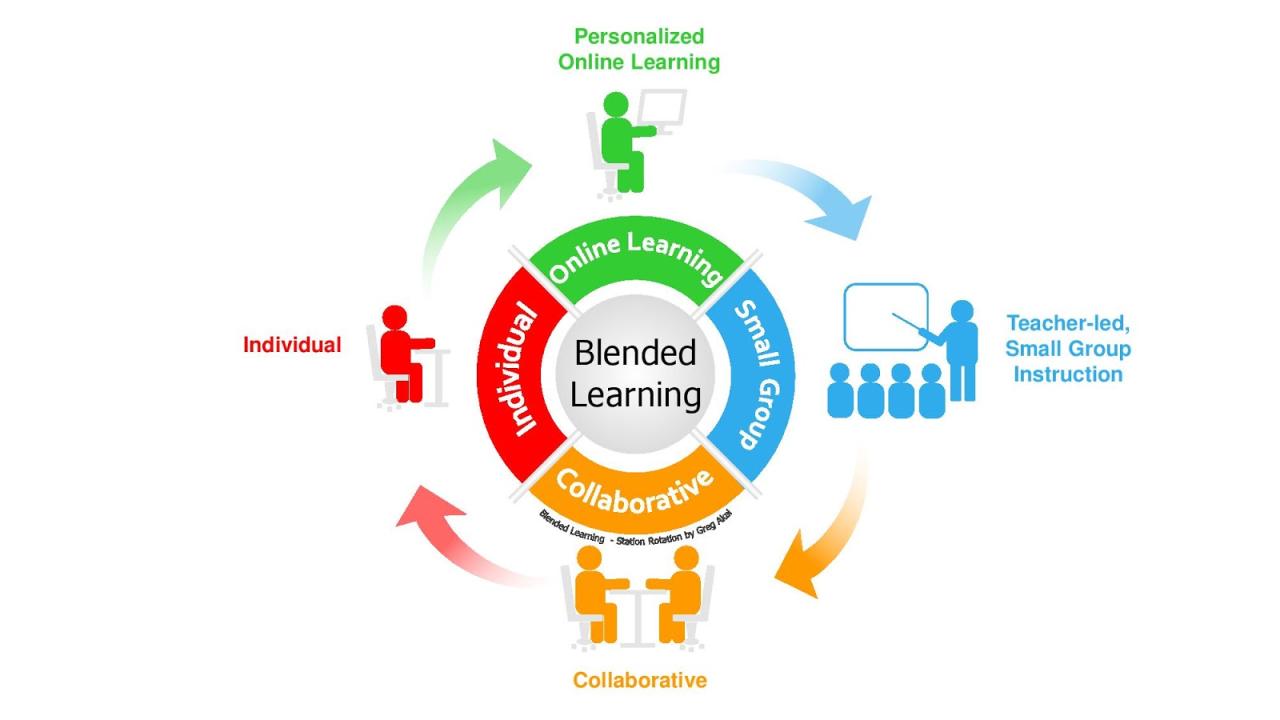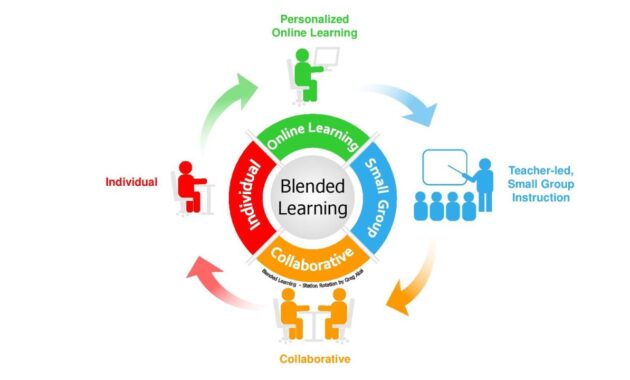Best Apps for Learning Geography and Maps brings to light the innovative tools available today that enhance geographical knowledge and map skills. In an increasingly interconnected world, understanding geography is essential for fostering global awareness and cultural understanding. The advent of technology has made learning geography more interactive and accessible, allowing individuals of all ages to explore the world from the comfort of their own devices.
This exploration of applications designed for geography learning highlights various features that make them effective, from interactive maps to gamified quizzes. These tools not only promote knowledge retention but also encourage global curiosity, making geography engaging and relevant in everyday life.

In the contemporary landscape of technology and innovation, the intersection between artificial intelligence (AI) and human life has manifested as a pivotal theme, transforming various sectors, including healthcare, education, finance, and entertainment. This article aims to explore the multifaceted impacts of AI, emphasizing its advantages, challenges, and ethical considerations in a world increasingly reliant on intelligent systems.Artificial intelligence, fundamentally, refers to the simulation of human intelligence processes by machines, particularly computer systems.
These processes include learning (the acquisition of information and the rules for using it), reasoning (the use of rules to reach approximate or definite conclusions), and self-correction. The term “artificial intelligence” was first coined in 1956 by John McCarthy at the Dartmouth Conference, marking the beginning of AI as a significant field of study.One of the most profound effects of AI is its capacity to process vast amounts of data at unprecedented speeds.
In healthcare, for instance, AI algorithms can analyze medical images to detect abnormalities such as tumors or fractures, augmenting the capabilities of radiologists. A study published in the journal Nature demonstrated that AI could outperform human experts in diagnosing breast cancer from mammograms. Such advancements not only enhance diagnostic accuracy but also alleviate the workload on healthcare professionals, allowing them to focus on patient care.Moreover, AI plays a crucial role in personalized medicine.
By analyzing genetic information and other patient data, AI systems can help tailor treatments to individual needs, improving outcomes and reducing adverse effects. The integration of AI in drug discovery also accelerates the development of new therapies, with machine learning models predicting how various compounds interact with biological systems, significantly reducing the time and cost associated with traditional drug development processes.In the realm of education, AI-driven tools are revolutionizing teaching and learning paradigms.
Adaptive learning technologies utilize AI to assess students’ performance in real-time, providing personalized educational experiences that cater to individual learning styles and paces. For instance, platforms like Khan Academy and Duolingo harness AI to offer tailored content, ensuring that learners receive the support they need to succeed. Additionally, AI can automate administrative tasks for educators, such as grading and scheduling, thereby allowing them to dedicate more time to direct student engagement.However, the rapid advancement of AI technologies raises significant ethical concerns.
One of the most pressing issues is the potential for bias in AI algorithms. Since AI systems learn from historical data, they may inadvertently perpetuate existing biases present in those datasets. For example, facial recognition technology has faced criticism for its inaccuracies in identifying individuals with darker skin tones, leading to calls for greater transparency and fairness in AI development.
Addressing these biases is paramount to ensuring that AI serves all segments of society equitably.Furthermore, the rise of autonomous systems, particularly in the context of self-driving vehicles, poses complex ethical dilemmas. Scenarios involving potential harm to individuals in unavoidable accident situations provoke challenging questions regarding accountability and moral decision-making. The implications of such technologies necessitate comprehensive regulatory frameworks that prioritize safety while fostering innovation.The economic impact of AI cannot be overstated.
According to a report by McKinsey Global Institute, AI could contribute an additional $13 trillion to the global economy by 2030, significantly influencing labor markets. While AI has the potential to create new job categories, there is a considerable concern regarding job displacement in sectors reliant on routine tasks. For example, automation in manufacturing has already led to significant workforce reductions.
As AI continues to evolve, reskilling and upskilling the workforce will be critical to mitigating the adverse effects of job displacement.In addition to economic and ethical considerations, the proliferation of AI technologies raises questions about security and privacy. With the increasing integration of AI in surveillance systems, there is a growing concern about the erosion of privacy rights. Data collected through AI-powered surveillance can be misused, leading to potential abuses of power by authorities.
Therefore, establishing robust data protection regulations is essential to uphold citizen privacy in an AI-driven world.Another vital area of discussion is the role of AI in enhancing cybersecurity. AI systems can detect and respond to cyber threats with remarkable speed and accuracy, providing a significant advantage in safeguarding sensitive information. Machine learning algorithms can analyze patterns of behavior to identify anomalies that may indicate a security breach, enabling organizations to respond proactively.
However, as AI technologies become more sophisticated, cybercriminals are also leveraging AI to develop advanced attack strategies, leading to an ongoing arms race between defenders and attackers in the digital landscape.As we navigate the complexities introduced by AI, fostering a collaborative approach among stakeholders—including governments, industry leaders, and academia—will be essential. Policymakers must engage with technologists to create regulatory frameworks that encourage innovation while addressing ethical concerns.
Moreover, interdisciplinary research is crucial in understanding the societal implications of AI and developing solutions that promote responsible usage.Public understanding of AI is another critical factor in its successful integration into society. Educational initiatives aimed at demystifying AI technologies can empower individuals to engage with and adapt to these changes. By fostering a culture of digital literacy, society can better prepare for the challenges and opportunities brought about by AI.In conclusion, artificial intelligence stands at the forefront of technological innovation, with the potential to reshape numerous aspects of human life.
Its applications in healthcare, education, and cybersecurity illustrate the transformative capabilities of AI, while also highlighting the associated ethical and economic challenges. As we move forward, it is essential to approach AI development and implementation with a balanced perspective, fostering an inclusive dialogue that prioritizes fairness, security, and the well-being of society. The future of AI is not merely a technological endeavor but a societal one, demanding careful consideration of the implications and responsibilities that come with such powerful tools.
In this era of rapid technological change, the collaboration between humans and AI systems holds the promise of a brighter, more efficient, and more equitable future. By embracing this relationship with responsibility and foresight, we can harness the full potential of artificial intelligence to enhance our lives while addressing the ethical and societal challenges that accompany it.








